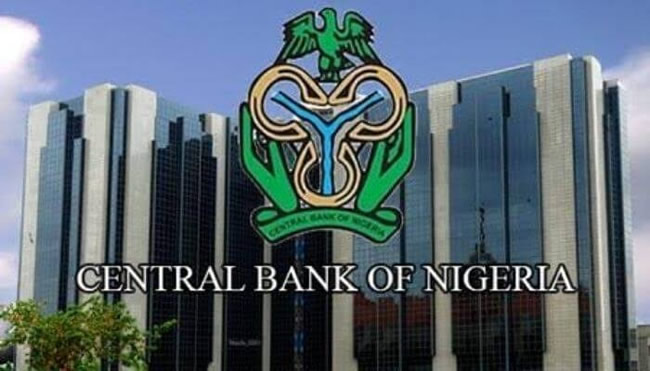
The foreign exchange released for communication services by the Central Bank of Nigeria declined despite the telecommunication sector’s clamour for more forex.
The PUNCH observed that between January and August 2018 and the same period in 2022, there was a decline of $35.29m or 26.95 per cent in the official forex spent on communication services in the country.
The data was obtained from the Central Bank of Nigeria under the sectoral utilisation for transactions valid for foreign exchange.
The CBN had only provided data up to August, 2022 as of the time of filing this story.
Between January and August 2018, The PUNCH observed that the amount of forex released was $130.95m.
A breakdown showed that $21.62m was released in January 2018, $10.70m in February, $12.91m in March, $12.73m in April, $16.47m in May, $15.07m in June, $15.92m in July and $25.53m in August.
However, within the same period last year, it had fallen to $95.66m. The PUNCH observed that $18.05m was released in January 2022, $8.65m in February, $12.39m in March, $19.55m in April, $7.50m in May, $10.35m in June, $11.17m in July and $8m in August.
In August 2018, the former Minister of Communications, Mr Adebayo Shittu, said the ministry was collaborating with the CBN to include the information, technology and communication sector on forex priority list.
However, by January last year, it was reported that the sector has been added to the priority list.
It was noted that with the CBN’s forex priority, MTN, Airtel, Glo and other carriers could access enough dollars to import major equipment for fifth-generation deployment and enhance other activities related to forex.
In an interview with The PUNCH last year, the Chairman, Association of Licensed Telecoms Operators of Nigeria, Gbenga Adebayo, said the CBN’s decision meant telcos could access adequate forex to fulfill their international obligations and invest in infrastructure as well.
He said, “We are grateful to the CBN for this listing, for the priority consideration. We are also grateful to the minister for his intervention in this regard.
“This will allow players to honour our international obligations. As you are aware, international traffic is exchanged with foreign countries, so operators can honour the obligations (with equipment suppliers and bandwidth providers), all of those activities which supply support for the industry are denominated in foreign exchange.
“The other thing is that it enables procurement of equipment. It makes it easier to procure software and hardware. It will help the development of the sector. Also, now that we are talking about the 5G rollout, the players will have better access. It is for the good of all, we are grateful to the authorities for making this happen.”
According to a source in ALTON, telecommunication companies got priority access as a result of the engagements with the Federal Government through the Nigerian Communications Commission, the minister overseeing the sector and the office of the National Security Adviser.
However, despite this, it appears that telecommunication companies still struggle to access the forex they need.











